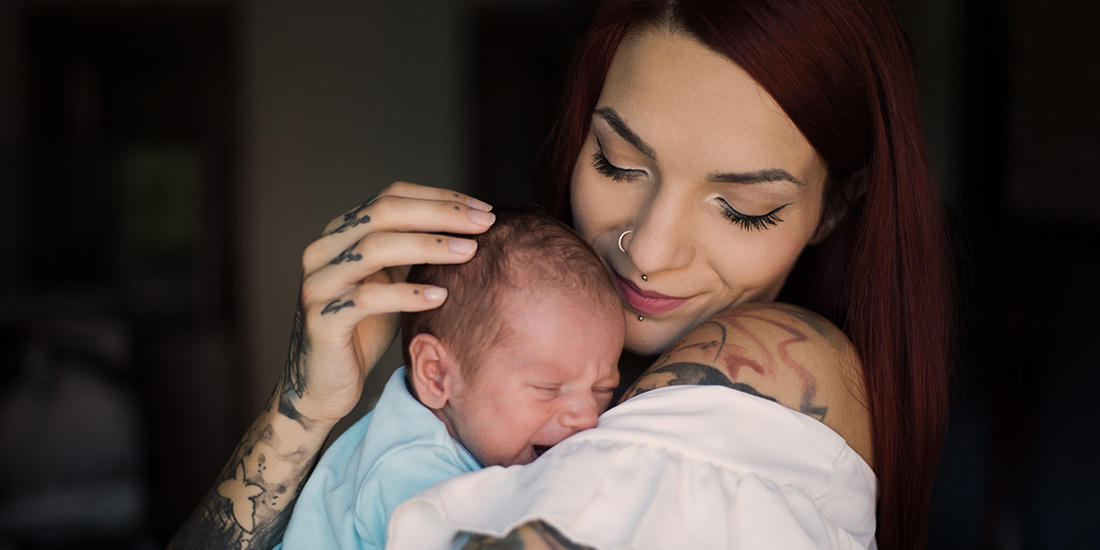
Orygen and PANDA – Perinatal Anxiety & Depression Australia have called for more support for young parents to reduce their risk of mental ill-health.
The call marks the launch of their co-authored policy paper, Supporting Young Parents: addressing perinatal and youth mental health needs, released during Perinatal Mental Health Week (7-13 November).
The paper identifies key opportunities to better support young parents under 25 across Australia during the perinatal period (from conception to after birth).
Around one in five mothers and one in 10 fathers can experience perinatal depression and anxiety. Evidence suggests that young parents (under 25) experience mental ill-health at an even higher rate, due to a range of risk factors including experiences of stigma or unintended pregnancy.
Based on consultations with young parents and perinatal mental health organisations, Orygen and PANDA make 14 policy recommendations, including:
- That the Australian Government Department of Health lead the establishment of a national perinatal mental health strategy which includes a dedicated focus on young parents;
- That state, territory and national guidelines, services and resources meet the needs of young parents. This includes assessing the youth-friendliness of mother-baby units, adding webchat support to PANDA’s mental health helpline, and making sure perinatal mental health websites have youth-specific content; and
- That the Australian Government increase national vocational supports. Becoming a young parent can disrupt education and employment at a pivotal time. Extra support includes expanding eligibility for the federal Additional Child Care Subsidy to include young people engaged in education, or improving pathways between perinatal mental health services and youth mental health vocational support services.
Orygen’s Nick Fava, a policy analyst and the paper’s co-author, said it addresses a significant gap in the perinatal mental health space.
“We’ve seen an increased national focus on perinatal mental health in the past two decades, with the creation of initiatives, clinical guidelines and helplines, but the unique needs of young parents have been largely unexplored,” he said.
“For example, in perinatal mental health services there is a gap in education and employment support, which is a core pillar of youth mental health services.
“This policy paper aims to identify where we can provide better support to these young parents and get the best possible outcomes for their mental health and wellbeing.”
PANDA CEO Julie Borninkhof said around one in five mothers and one in 10 fathers can experience perinatal depression and anxiety.
“Evidence suggests that mothers under 25 in Australia experience perinatal depression at an even higher rate,” she said.
“This could be due to factors such as unintended pregnancy, sole parenting, family violence and experiences of stigma, which can increase mental ill-health or distress, and may be more common to young parents than other age groups.”
You can view or download the Supporting Young Parents: addressing perinatal and youth mental health needs policy paper on our website.